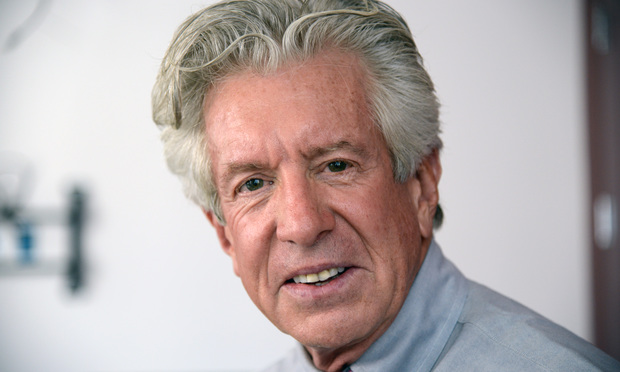Most judges choose their calling animated by a desire to serve and do justice, notwithstanding relatively low pay and, too often, poor facilities and inadequate administrative support. Most judges take great pride in knowing the law, solving the fascinating intellectual puzzles posed by many cases, and administering justice with an even hand. Taking on exalted roles in their local communities, judges render decisions in criminal and civil disputes for their fellow citizens where liberty and livelihood hang in the balance. In the quest to give meaning to life as a lawyer, it is hard to conceive of a more gratifying and significant career than that of a judge. The respect that goes with the title “Your Honor” is not only a critical component of the deference necessary to an effective justice system, but also the well-deserved salutation for the unwavering commitment to the law and justice that every good judge must have.
Regrettably, it is also occasionally the case that some judges allow the title and their power to undermine their behavior on and off the bench in ways that degrade the office. It is a heady function, being a judge. The obsequiousness of lawyers and litigants, as well as members of the public more generally, to anyone with the title “judge” can sometimes weaken the restraint necessary to behave “judiciously.” Moreover, in the face of the inevitable emotions in fraught court proceedings, and even under the ordinary stresses of a judge’s private life, the special status of judges in our society can make it difficult to comport with appropriate demeanor and restraint.



